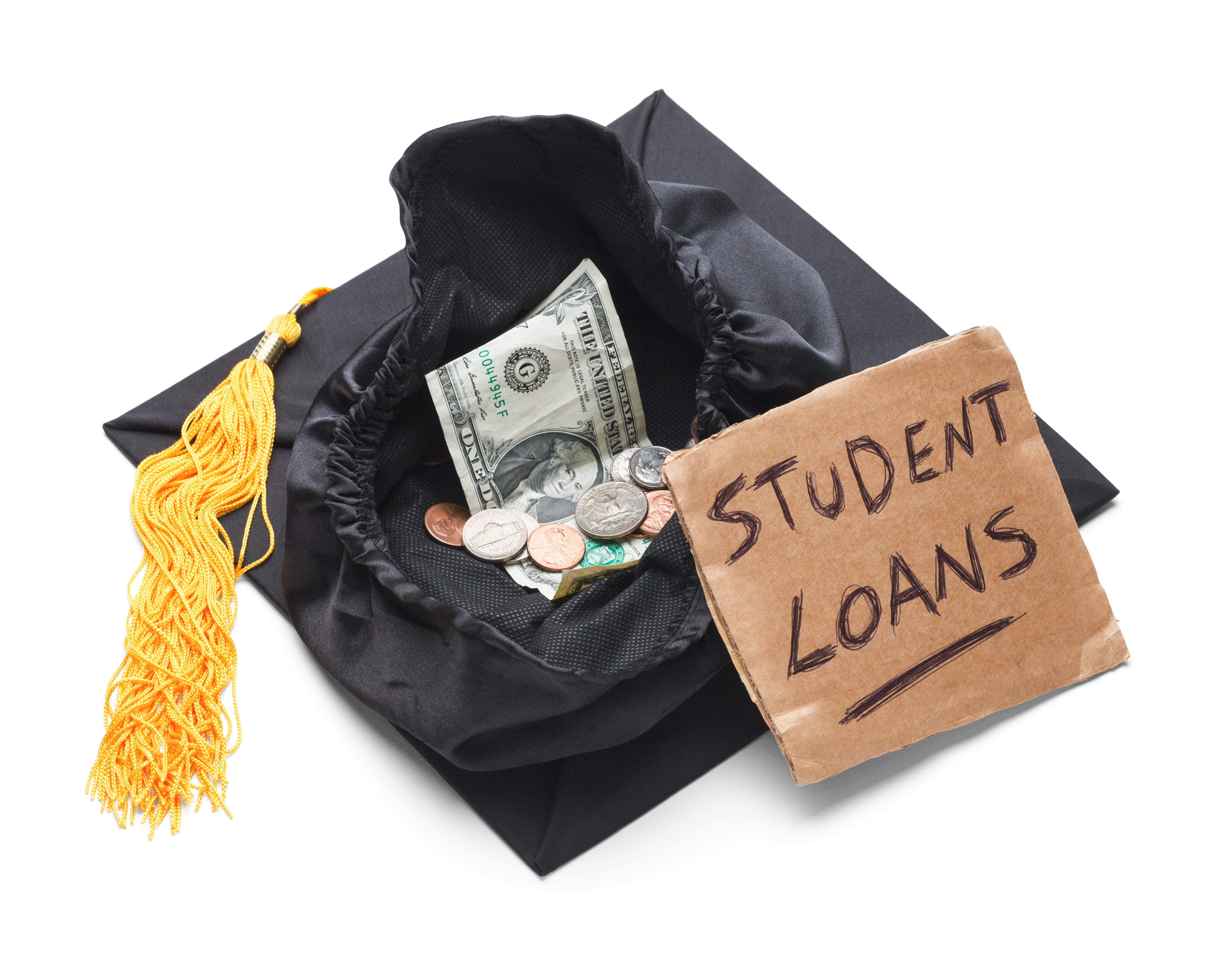Editor’s note: The following commentary was contributed by Mike Saunders, Director of Military and Consumer Policy at the nonprofit group Veterans Education Success. The content may be edited for clarity, style and length.
Until recently, if you were 100 percent disabled or had a finding by the Department of Veterans Affairs (VA) of Individual Unemployability (IU) you could get your student loans forgiven, but with one expensive caveat: it was considered taxable income by the IRS. That meant an unexpected tax bill for wounded warriors who were often unprepared to pay such a large amount of money.
That’s no longer the case, and it could have huge implications for you and your family.
Today, any student loans forgiven due to disability or IU are no longer considered taxable income at the federal level. This means Uncle Sam won’t be sending you a tax bill come April.
Most importantly, this is the case regardless of how old you are or how long ago you took out student loans — so be sure to tell your fellow veterans and their loved ones.
VA and the U.S. Department of Education (ED) are working together to make it easier for you to apply to have your loans forgiven. So here are five things you need to know before applying:
1. You may be shielded from state taxes as well
Forty out of the fifty states won’t tax you if you have your student loans discharged due to disability.
The states that haven’t yet followed the federal government are: Arizona, Arkansas, California, Georgia, Iowa, Massachusetts, Minnesota, Mississippi, Pennsylvania and Virginia. If you live in one of these states, consult a tax professional before you follow the advice below.
2. Over 42,000 veterans may qualify
VA and ED estimate that there are more than 42,000 veterans with severe disabilities, holding a total of more than $1 billion in outstanding student loans, who may be eligible for student loan forgiveness.
Sadly, more than 25,000 of those veterans were in default with $168 million in outstanding loans.
Defaulting on your loans hurts your credit score and can cause a lot of financial trouble. If you or a veteran you know are facing student loan default, you can apply to have your loans forgiven and receive free help from Veterans Education Success (VES) to support you through the process. Contact us today so we can help you through the process.
3. Better watch out for scam artists
VA and ED have teamed up to notify veterans who have student loans and may be eligible to have them forgiven. ED will send letters to qualifying veterans to apply for federal tax-free forgiveness of their student loans. To see what these letters will look like click here . The letters will state they are from ED and Nelnet, the company administering the IU student loan forgiveness process.
If you get a letter from someone that’s not ED and Nelnet, beware, it’s probably a scam.
ED and Nelnet manage a website, disabilitydischarge.com, to provide resources and more information. Even though it is a .com and not a .gov website, this is the official website to you help you and is a trusted source of information.
This is a free service, and you do not have to pay any fees for the application. Ignore any companies claiming they can help get your student loans forgiven for a fee, as they are scams. Be sure to notify VES if you come across one these scam artists trying to take advantage of veterans.
4. How to apply
Apply online at disabilitydischarge.com. If you received the letter, you do not have to submit documentation of your service-connected disability, since ED already has this information from VA. You can call Nelnet seven days a week at 1-888-303-7818 from 8 a.m. to 8 p.m. Eastern Time or email disabilityinformation@nelnet.net for any questions or to get the process started.
ED will work with VA to conduct a new match of veterans with severe disabilities with the student loan database to identify more borrowers who may be eligible. Veterans will receive notices on a staggered basis each quarter, but you don’t have to wait. Considering the potential tax bill you can avoid paying Uncle Sam, it may be worth applying without the letter from ED.
If you or someone you know may be eligible for student loan forgiveness and haven’t received a letter, you can start the application today, but you will have to provide evidence of your service-connected disability.
5. We’re here to help
If you are 100 percent disabled or have been determined to be Individually Unemployable by VA and you are in default on your student loans, you have rights that protect you and your family .
ED should have notified you of your rights before you defaulted on your student loans but failed to do so for thousands of veterans.
If this happened to you, please reach out to me and my team at VES. We want to help you get your money back and ensure ED does a better job of notifying veterans of their rights. This should not have happened to you, and VES is here to make it right.

Mike Saunders is the Director of Military and Consumer Policy at Veterans Education Success. A third-generation member of the Army, Mike served from 1999 to 2001. Mike earned degrees in history and economics from William & Mary College in Virginia and a law degree from the University of Richmond.





